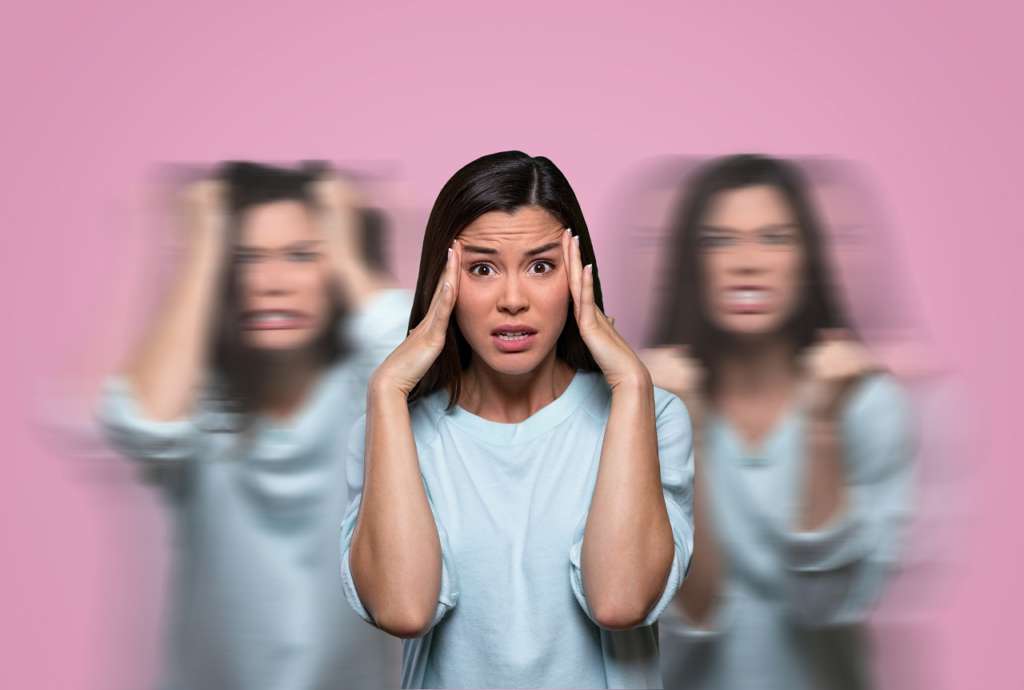Hypersexual Disorder
Hypersexual disorder is Excessive preoccupied with fantasies, sexual behaviors that are difficult to control, this may adversely affect health, work, and social relations sexual behavior may involve various sexual experiences, including masturbation, online sex or sex with more than one partner, and other different sexual behaviors, people with hypersexual disorder have sexual behaviors as an essential factor in their life, difficult to control, and causing harm to them and those around them.
Causes of hypersexual disorder
The causes of hypersexual disorder are due to several reasons, including:
1. Psychological reasons: This disorder can occur due to the psychological state that the person is exposed to such as: feeling emotional emptiness and the desire to feel loved and safe.
2. Physical causes: such as increased secretion of testosterone which lead to severe lust and excessive irritation.
3. Conditions affecting the brain: Some diseases or health problems, such as epilepsy and dementia, may cause harm to parts of the brain that affect sexual behavior.
4. Constant exposure to sexual stimuli, such as films and pornographic images.
5. Not having intimacy for a long time, and practicing masturbating.
Symptoms of hypersexual disorder
There are multiple symptoms that occur to people with hypersexual disorder, including:
1. Frequent sexual fantasies, desires and behaviors that take a lot of time, can’t be easily controlled.
2. Use sexual behaviors as an escape from other problems, such as loneliness, depression, anxiety, or psychological stress.
3. Continued engagement in sexual behaviors despite the knowledge that they may negatively affect his life such as the possibility of sexually transmitted infections, transmission to another person, loss of an important relationship, employment problem, financial hardship, or legal problems.
4. Relying on some strange and anomalous ways of feeling orgasm.
Treatment of hypersexual disorder
The main goal of treating excessive sexual activity in women or men is to control exaggerated sexual desires and behaviors, while continuing to engage in sexual activity in a healthy and normal manner. These exaggerated behaviors can be treated in a several ways by:
1. Psychotherapy: which depends on the individual’s perception of the ideas that motivate him to commit certain behavior and thus resolve the conflicts that exist, to determine the underlying causes of those behaviors.
2. CBT: helps the individual become aware of negative behaviors and beliefs and replaces them with other positive beliefs.
3. Group therapy: It aims to detect oneself through social interaction with a group of people in a periodic interview organized with the guidance of a psychologist.
4. Pharmacotherapy: Drugs are rarely used in the treatment of such conditions, but some have acknowledged that there are some drugs used in the treatment of hypersexuality, and the type of drug varies depending on the condition and other related disorders.
Contact Dr. Mona Reda Consultant Mental Health and Marital Relations.









